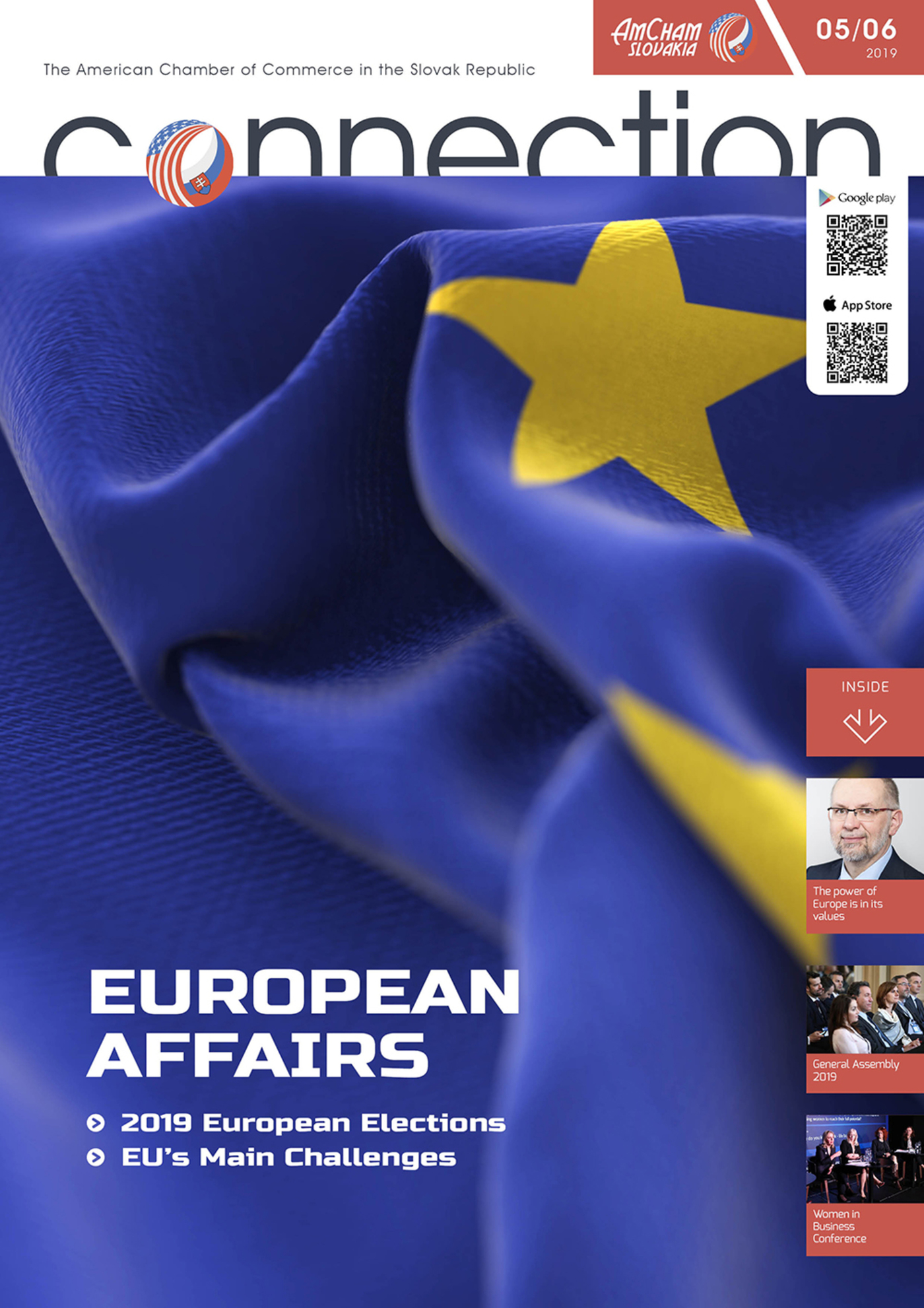The traditional alliance of the European People’s Party (EPP) and the Progressive Alliance of Socialists and Democrats (S&D) currently holds a little over half of the seats in the European Parliament. According to the latest polls, however, their combined strength will be left 34 seats short of a majority in the newly reconfigured 705-seat Parliament.
In order to maintain dominance of the liberal coalition, EPP and S&D will need to seek an alliance of smaller parties. In the third place with 94 seats, The Alliance of Liberals and Democrats (ALDE), strengthened by the ranks of Emmanuel Macron’s La République En Marche (LaREM), will play a crucial role. Smaller, but nevertheless important, The Greens party is another potential ally. Such a grand liberal coalition would give ALDE and The Greens a stronger voice in promoting the fight against climate change and for the preservation of democratic processes, both within and outside the EU.
On the other hand, bigger fragmentation is bound to slow down the procedure of policymaking. More conflicts can also arise from filling in nearly all of the EU’s top jobs which are coming open later this year – President of the European Commission, the Council of the European Union, the European Parliament, the European Central Bank, and the high representative for foreign affairs. As many top-rank national and party leaders aspire for these positions, a lot of negotiations, lobbying, horse-trading, and campaigning is expected to take place.
On top of that, there are many other factors besides party affiliation to consider. Bobby McDonagh, a former Irish ambassador to the EU, captured the difficulty of it when he said: “The balances are extremely complex. There’s the right-left balance, but there’s also the east-west balance, which is probably even more important. There’s also the male-female balance. I don’t think it will be acceptable in this day and age not to have a woman in one of the top jobs. And then there’s large vs. small. For example, you can’t have another Luxembourger as president of the Commission.”
On the other side of the spectrum, populist Eurosceptic and far-right parties are joining forces. The new alliance is supposed to “underline the common Christian roots, defend national identity, the supremacy of the country’s constitution over laws and European directives”. The initiative is led by Italian far-right deputy Prime Minister Matteo Salvini who attempts to unite all the EU’s populist parties either into a new political bloc, or under the Europe of Nations and Freedom (ENF) group where he and his party Lega Nord (LN) already belong. Although it is currently the smallest group in the European Parliament, it is expected to grow significantly, both due to new members and growth of the original ones. According to the polls and projections, Lega Nord should grow from five seats won in 2014 to twenty-eight, with the Le Pen’s National Rally on 21 seats and the fresh ally Alternative für Deutschland (AfD) on 13.
Although the ENF’s rise in seats will probably be significant, it is still not enough to present a counter-weight to the German-French core. In order to achieve that, Salvini works on pitching Polish PiS (expected to gain 27 seats), Hungarian Fidesz (14 seats expected) and several smaller parties across the EU. Even more ambitiously, though, Vice-President of the ENF, Harald Vilimsky, announced that an alliance with the EFFD and the ECR is under discussion which, if successful, would create the second-biggest group in the Parliament. Despite frequent meetings between the party representatives, it is too soon to say to what extent will such a joining of forces be successful.
The last big variable which could sway the political situation, both before and after the elections, is the British Brexit. Recently, the UK applied for postponing the date of leaving the EU to 30 June which would mean an obligation to participate in the elections and the Parliament would return to its original 751-seat arrangement. Newly-elected MEPs which would not fit in would probably have to be temporarily suspended until the UK leaves. However, there is, up to this point, no mechanism set for determining who should be the one suspended.
The Slovak political situation before the European Parliament elections shows similar patterns – increasing fragmentation and growing popularity of the Eurosceptic bloc. New political subjects, such as the coalition of SPOLU and Progressive Slovakia, or the Christian Union represented by former MEPs Škripek and Záborská, both have a high chance of gaining at least one seat. As a result, many parties could come out with only one representative elected, which might curb cooperation attempts. Secondly, support of the far-right ĽSNS party, led by Marián Kotleba, grows. Currently, polls suggest they could end up second after the ruling party SMER-SD.
An unprecedented effort to protect the elections’ results from the influence of disinformation confirms that the 2019 round will be all about the fight between the pro-European liberal coalition and Eurosceptic populist parties, each facing their own difficulties in an attempt to join forces. The elections in May should be taken seriously since the future of the EU is at stake – both in the Parliament and at the top EU positions.
Tomáš Bereta, Senior Account Manager, Fipra Slovakia



Follow us